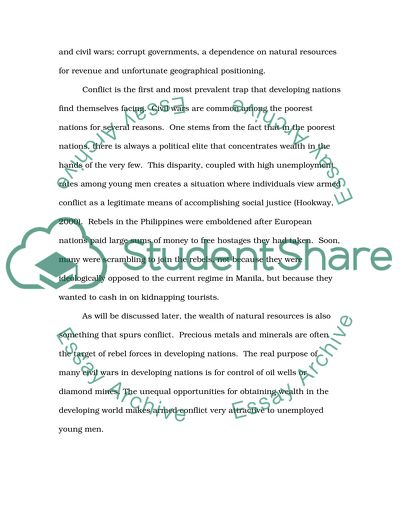Cite this document
(“Why are Underdeveloped Countries Underdeveloped Essay”, n.d.)
Retrieved from https://studentshare.org/history/1446886-why-are-underdeveloped-countries-underdeveloped
Retrieved from https://studentshare.org/history/1446886-why-are-underdeveloped-countries-underdeveloped
(Why Are Underdeveloped Countries Underdeveloped Essay)
https://studentshare.org/history/1446886-why-are-underdeveloped-countries-underdeveloped.
https://studentshare.org/history/1446886-why-are-underdeveloped-countries-underdeveloped.
“Why Are Underdeveloped Countries Underdeveloped Essay”, n.d. https://studentshare.org/history/1446886-why-are-underdeveloped-countries-underdeveloped.


